The Cause: The Bike Project is helping refugees get back on track
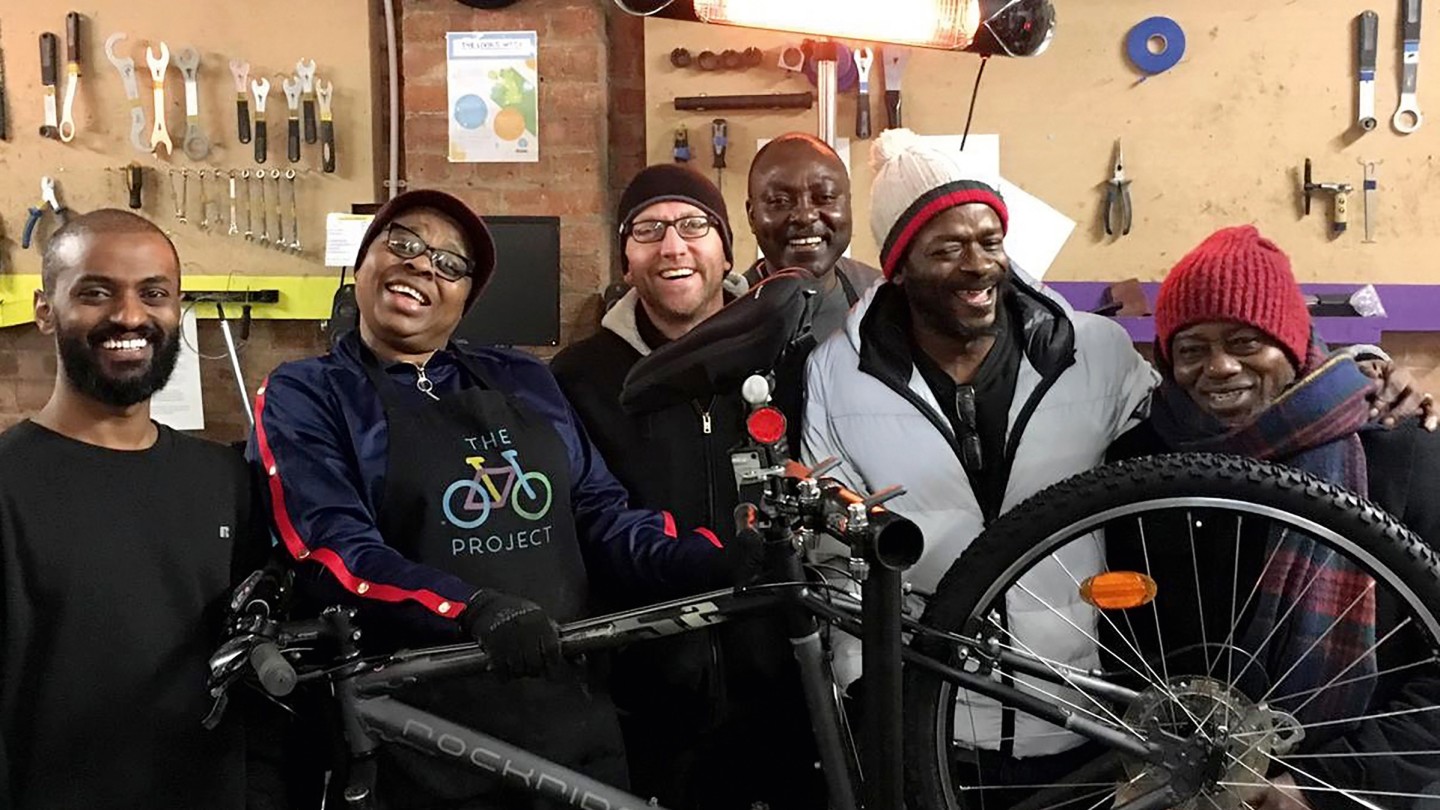
Roula Khalaf, Editor of the FT, selects her favourite stories in this weekly newsletter.
In summer 2009, Jem Stein, a political-science student at LSE, struck up an unexpected friendship with Adam, a Darfuri refugee he was mentoring who had fled to the UK aged 16 after the outbreak of war in western Sudan. “One of the big challenges Adam faced, alongside the trauma he’d been through, was getting around,” says Stein. Placed in accommodation on the outskirts of the capital and unable by law to work, Adam had limited access to vital services. Stein’s solution? Finding him a bike.
“That was really the first step towards normal living for Adam,” says Stein, who quickly began collecting old bikes to donate to refugees. In 2013, The Bike Project was officially launched as an independent charity, albeit in a “very small corner of a small room”. The operation was simple: “Take donated bikes, refurbish them and give them to refugees.”
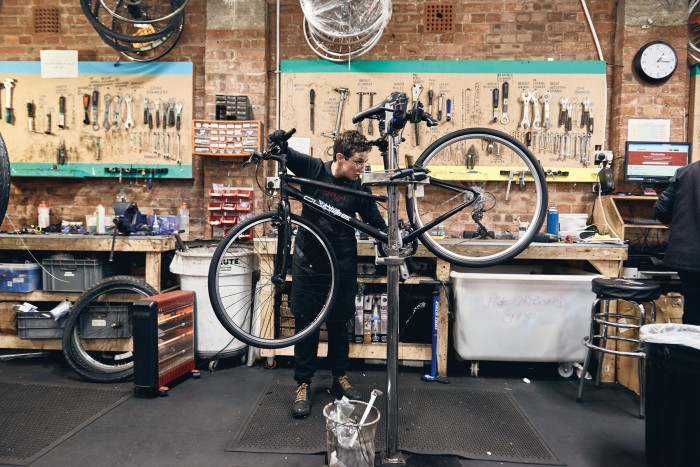
Last year, the UK received just over 30,000 asylum applications, roughly the same as the number of bikes that are abandoned each year in London alone. Stein’s job is to organise those groups into pairs. But this is easier said than done. The average repair job takes two to three hours of a mechanic’s time, while the cost – inclusive of parts, new tyres, lights, lock, helmet, reflective jacket and a short cycling course – adds up to around £95 per recipient. “We need more mechanics and more space for them,” says Stein. “That’s the big cost – just having enough staff to work on the bikes.” Today The Bike Project has two sites in south London, one in Birmingham and another on the way in Wimbledon, and has provided more than 6,500 bikes in the past eight years. But demand has still been impossible to meet.
To help generate funds, Stein has set up a trading arm. For every batch of bikes collected from the charity’s network of drop-off points, one-third are kept aside to be serviced, refurbished and sold (for about £250 to £550), with all proceeds ploughed back into The Bike Project. “It’s allowed us to grow to a point where we employ 28 staff,” adds Stein. Notable customers include Louis Theroux, who matched his purchase in 2019 with the donation of an old bicycle.
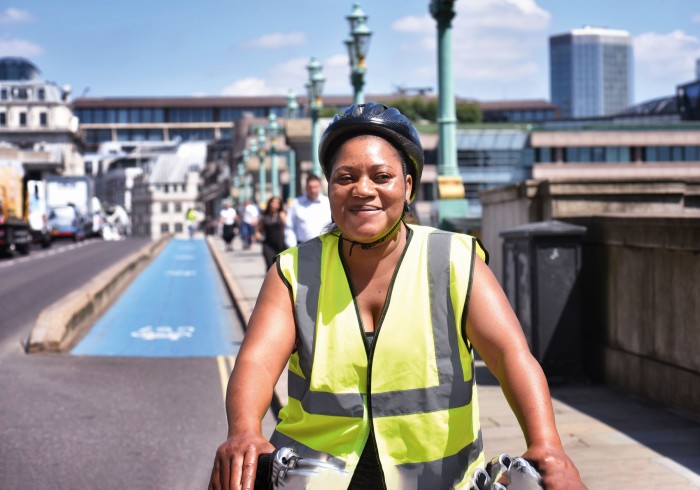
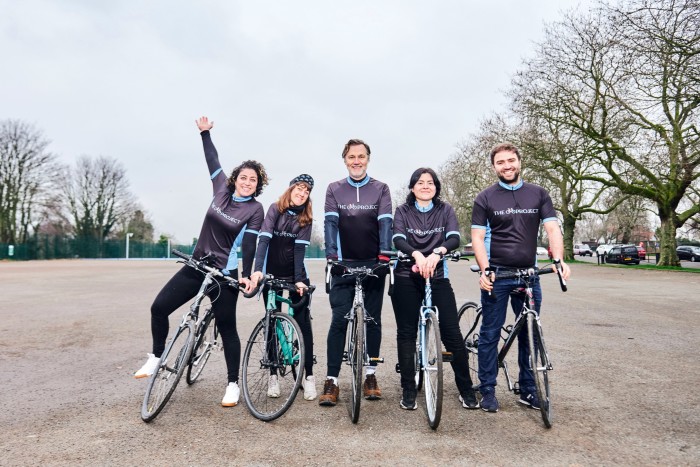
Mobility is only one of the issues being tackled by The Bike Project: loneliness is another. According to a 2017 report by the Jo Cox Commission, 58 per cent of migrants and refugees in the capital described feeling isolated as their biggest challenge, an emotion exacerbated by not being able to get around. Transport fees can be prohibitively expensive, and so having a free mode of transport has helped bring costs down. “I can attend church regularly, which I couldn’t afford to do before,” says Sadegh, a recent beneficiary. “With the help of my bike, I’m able to fill the gap left by not having my family around.”
The social aspect of the project has proved so integral that, in 2017, Stein introduced Bike Buddies, a befriending scheme that matches volunteers with refugees to go on rides. And for women – who make up just 28 per cent of the charity’s beneficiaries – there’s Pedal Power. “When we first started,” explains Stein, “we didn’t get any women coming to get bikes.” After conducting a series of focus groups, the problem became clear: “Asylum-seeking women, in most cases, either didn’t know how to ride a bike or didn’t have the confidence to cycle in public spaces.” Pedal Power addresses this with all-female training sessions.
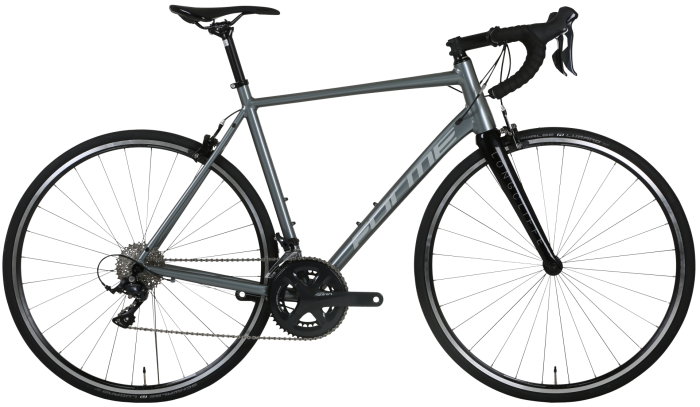
Of course, none of this has been smooth sailing over the past year: volunteers and fundraisers have dropped; the price of bike parts has skyrocketed; and social-distancing requirements have put restrictions on the number of mechanics who can work together at a time. Where Bike Buddies and Pedal Power sessions haven’t been possible, organisers have run a Cyber Cyclists programme – a mix of yoga, exercise routines and educational sessions. “If you’re an asylum seeker living in cramped accommodation, it’s been really, really tough,” says Stein.
Nor has The Bike Project been able to open its waiting list since last spring, when it reached more than 1,200 applicants. But Stein is optimistic. The launch of the new branch will widen the charity’s net, and plans are afoot to expand Pedal Power to more cities. Ultimately, Stein hopes there will be a workshop in every major UK city. “Who knows, maybe internationally,” he says.
Comments